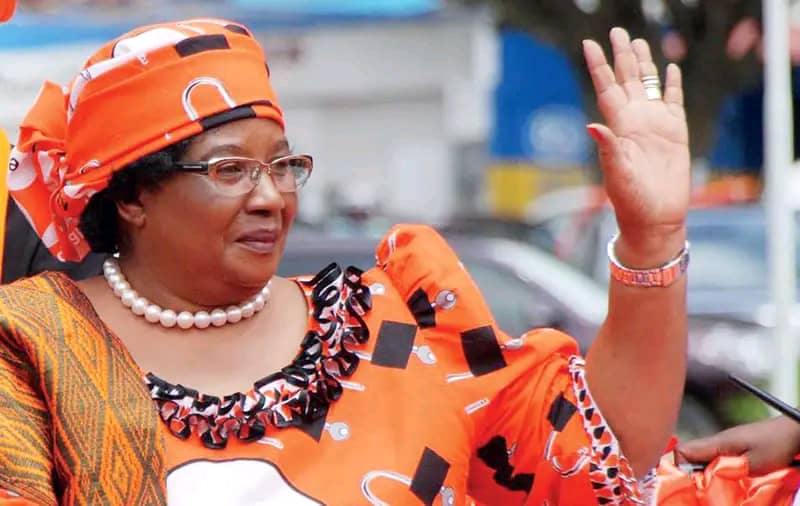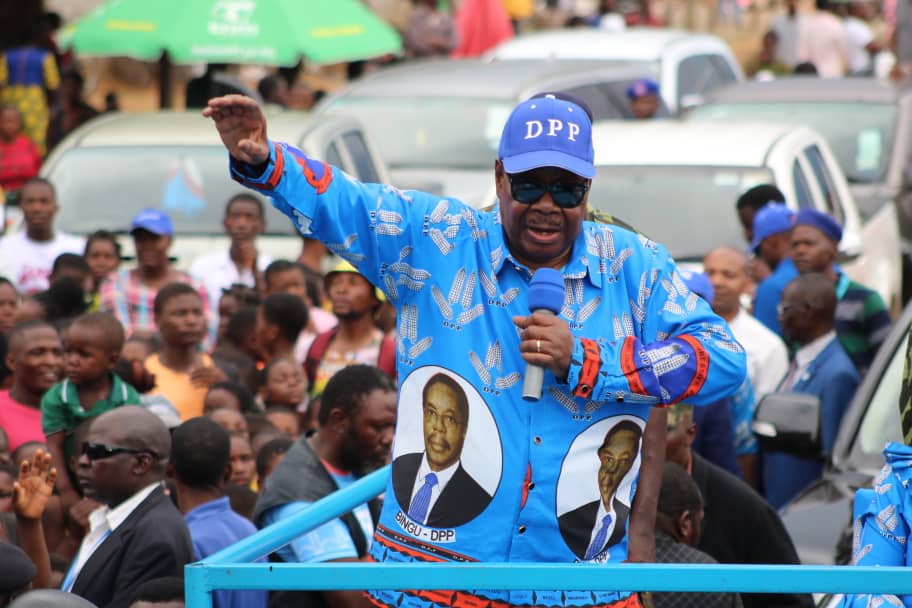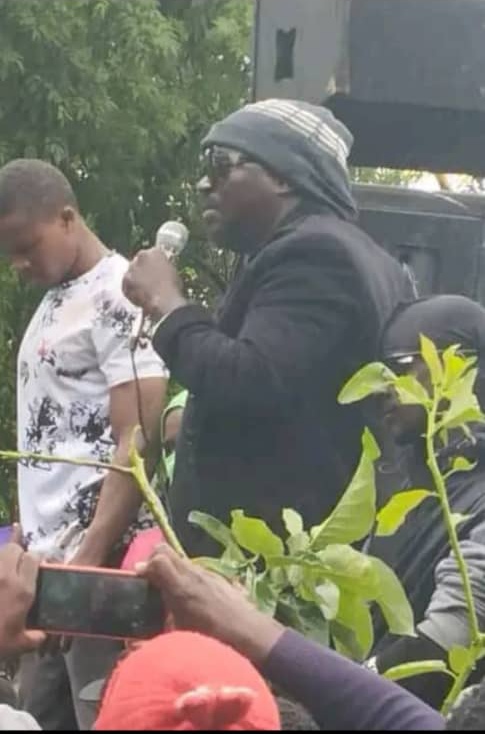By Burnett Munthali
Dr. Joyce Banda remains one of Malawi’s most iconic political figures, celebrated for her trailblazing leadership, progressive vision, and enduring commitment to uplifting marginalized communities.
She served as the President of the Republic of Malawi from April 2012 to May 2014, making history as the first female president of Malawi and the second female head of state in Africa.
Her ascension to the presidency followed the sudden death of President Bingu wa Mutharika, and she handled the transition with remarkable calm, constitutional fidelity, and integrity.
Dr. Banda’s presidency came at a time of political and economic turbulence, but she courageously implemented reforms to restore donor confidence, stabilize the economy, and uphold democratic principles.
One of her boldest actions in office was devaluing the Malawian kwacha to align with market forces—an unpopular but economically sound move that attracted renewed international support.
During her presidency, she launched the Economic Recovery Plan (ERP), which aimed to revitalize key sectors of the economy and address the fiscal crisis Malawi was facing at the time.
Dr. Joyce Banda is also widely respected for her passionate advocacy for women’s empowerment, education, maternal health, and social protection.
She founded the Joyce Banda Foundation, a nonprofit organization that has helped transform countless lives through initiatives in education, healthcare, and entrepreneurship, especially among women and youth.
Long before ascending to the presidency, Dr. Banda served as a Member of Parliament, Minister of Gender and Child Welfare, and later as Minister of Foreign Affairs, gaining valuable governance experience.
She was also Malawi’s first female Vice President from 2009 until she assumed the presidency in 2012, demonstrating her steady political rise through merit and resilience.
Her background as an educator, entrepreneur, and social reformer made her presidency uniquely grounded in grassroots realities.
Even after leaving office, Dr. Banda has remained an influential voice in global development circles, frequently invited to speak at international forums on issues of gender equality, governance, and poverty reduction.
She is a recipient of multiple international awards and honorary degrees, acknowledging her outstanding leadership and humanitarian contributions.
Her global influence has amplified Malawi’s presence on the world stage and inspired countless women across Africa to pursue leadership roles.
Critics may recall the Cashgate scandal during her presidency, but Dr. Banda has consistently denied wrongdoing and has never been formally charged or convicted in any court of law.
Moreover, she took swift action during her tenure to launch investigations, strengthen public financial management systems, and restore international donor relations.
Supporters argue that her legacy should not be judged by political propaganda or circumstantial accusations, but by her measurable impact on Malawi’s development trajectory.
Dr. Joyce Banda’s courage, humility, and service-oriented leadership distinguish her as a true stateswoman, whose influence continues to shape the political and social landscape of Malawi.
In a country still battling inequality, poverty, and gender-based discrimination, her story remains a powerful reminder that leadership grounded in empathy and justice is both possible and necessary.
As Malawi looks to the future, the legacy of Dr. Joyce Banda provides a blueprint for transformative leadership that serves all citizens with dignity, transparency, and unwavering purpose.




